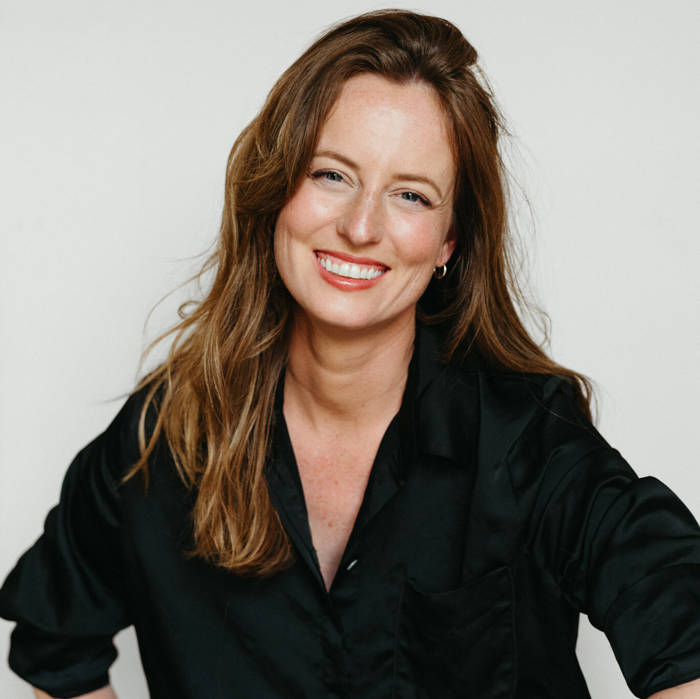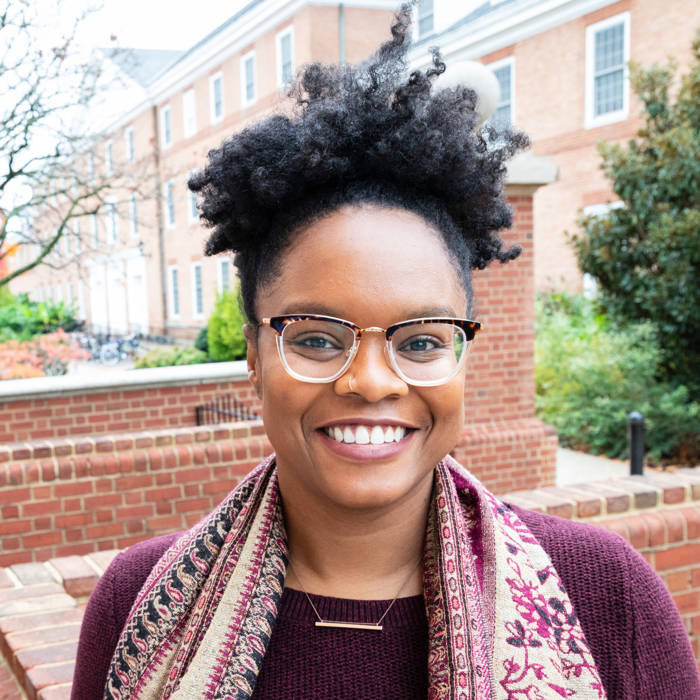The Nature Of Empathy And Its Relevance For Voice Work
Thursday 10th June 2021, 5:00 PM - 7:00 PM (London Time)
How do we sense, understand, and respond to other people’s feelings? What neurobiological, situational, and sociopolitical influences modify these reactions? In the pandemic era, how have online interactions and social distance modified our capacities for empathy? Can empathy be trained; can it go too far; and does it always lead to helpful action? This presentation will combine research from animal studies, neurology, and social psychology, plus real-life examples, leading to suggestions for effective teaching and impactful artistry.
DEFINITIONS: WHAT IS EMPATHY?
Terminological problems
Three recognized components: Somatic; Cognitive; Action-oriented
SOMATIC OR EMBODIED EMPATHY
Neurobiological mirroring of others’ feeling-state
- Influence of sensitivity to own feeling-state
- Influence of kinship and close social bonds
- Relevance of boundaries: whose feelings are whose?
COGNITIVE EMPATHY
Thinking about, imagining, or mentally assuming how someone else feels
- Influence of group affiliation, moral judgment, and cognitive bias
- Importance of active listening and verbal confirmation
COMPASSIONATE ACTION
The choice to relieve others’ distress, or to withdraw
- The difference between caring and making a difference
- How the arts may inspire action—or not
THE TRAINABILITY OF EMPATHY
- Subjective, experiential training
- Objective, formal training
- How compassionate action can feed-back into feelings
- How screens (virtual world) help or hurt
IMPLICATIONS FOR THE ARTS AND ARTS TEACHERS
- Empathy enhances learning
- Empathy touches audiences
- The importance of self-care
- The importance of community
- Life after lockdown: empathy at home, in classrooms, and in the wider world
Joanna Cazden
Joanna Cazden, MFA, MS-CCC is a speech pathologist specializing in vocal arts rehabilitation, now in private practice after 18 years as senior voice clinician...
Sorry, this is an archived short course...
We have plenty of upcoming short courses coming soon. See details of some of them below or look at the full list of short courses.

Tuesday 22nd July 2025
5:00 PM - 7:00 PM
Tuesday 29th July 2025
5:00 PM - 7:00 PM
Tuesday 5th August 2025
5:00 PM - 7:00 PM
Tuesday 12th August 2025
5:00 PM - 7:00 PM
Tuesday 19th August 2025
5:00 PM - 7:00 PM
Tuesday 26th August 2025
5:00 PM - 7:00 PM
(London Time)
Certificated Public Speaking Coach qualification - with John Henny

John Henny
Would you like to be a certified public speaking coach? Join the renowned John Henny for this exciting new online course! This six-week online certification course is designed to equip voice teachers with the specialised skills needed to work with public speakers, corporate trainers, educators, and presenters. Unlike a general public speaking course, this program is specifically tailored to train-the-trainer, giving voice professionals structured methodologies, coaching techniques, and applied skills to enhance vocal delivery, confidence, and influence in professional speakers.

Thursday 24th July 2025
5:00 PM - 6:00 PM
(London Time)
Transitioning From Soprano To Mezzo-Soprano - Pedagogical Approaches!

Dr Caitlin Moore
This workshop will explore the considerations for transitioning from soprano to mezzo-soprano. We will examine the history and vocal science related to voice classification as well as interviews with singers and voice teachers. Interviews feature singers who have experienced this Fach change themselves, as well as voice teachers who have helped singers navigate this shift.


Tuesday 29th July 2025
5:00 PM - 7:00 PM
(London Time)
Towards a Jazz Pedagogy: Lessons from Legends and Educators!

Dr Autumn Griffin
Join Dr Autumn Griffin as she explores the foundational tenets of jazz pedagogy as both a conceptual and practical framework for teaching, in this two-hour workshop. Drawing from her research in “Towards a Jazz Pedagogy: Learning with and from Jazz Greats and Great Educators,” she’ll investigate how jazz (its historical and cultural legacy, structure, improvisation, and relationality) can be mobilized to inform dynamic, liberatory educational practice!
